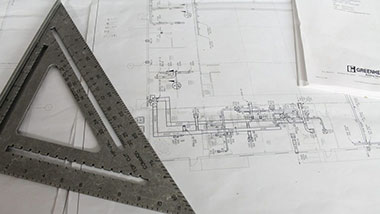Judge Cannot Reject Uncontradicted Evidence Without Reasonble Basis
Personal InjuryIn the case of Mario Larrigui-Negron v. AHCA, Case Number 1D18-1172 (Fla. 1st DCA October 11, 2019) Florida’s First DCA held that the ALJ could not reject uncontradicted evidence that a Medicaid lien should be reduced without identifying a reasonable basis in the evidence to do so.
Facts
In this case, the injured plaintiff put on evidence to establish that Florida Medicaid’s lien should be reduced. Meanwhile, the Florida Agency for Healthcare Administration (Florida Medicaid) presented no evidence to the contrary. On appeal, Florida’s First DCA held that there was not a reasonable basis to reject the injured plaintiff’s evidence and instructed the ALJ to reduce the Medicaid lien amount to $11,637.54.
This same situation arose in Eady v. State, No. 1D18-1852 (Fla. 1st DCA Sept. 12, 2019).
How To Challenge A Florida Medicaid Lien?
After you get into an accident, chances you will incur medical bills beyond your ability to pay. If you have Medicaid and you have settled your case, you must repay Medicaid from your settlement. How much you have to repay is determined by the statutory formula found in section 409.910(f), Fla. Stat.
The formula requires that you repay a maximum of half of what is left after making a 25% deduction for attorney fees and “taxable” costs.
If you intend to challenge the amount given by this formula, you are required to file an administrative action in Tallahassee or a lawsuit (depending on the Medicaid entity that you are dealing with) in Leon County, Florida. If you do not do this within 60 days of a demand for payment made by Medicaid, then your right to challenge the amount is waived.
Once your administrative challenge or lawsuit has been filed, your next step is to present evidence as to why the Medicaid formula in section 409.910(f), Fla. Stat. is unfair. This is done by presenting evidence that you only recovered a small percentage of your total damages and that the settlement for medical damages only represents a small percentage of the total recovery (remember that Medicaid is only supposed to be able to attach its lien to damages recovered for medical expenses). However, plaintiffs should be aware of John Gray v. AHCA, where a pro rata argument failed.
The problem for most settlements is that they are undifferentiated as to past and future medical expenses, pain and suffering, and other types of damages in a personal injury case. You can sometimes get the defense to agree to an apportionment, however, that is not binding on Florida Medicaid.
Seek Help Getting Your Florida Personal Injury Case Resolved
Dealing with a Medicaid lien after you have settled your injury case is one of the last things you want to do as you move forward with life. If you find yourself in this situation, you should hire a Lakeland injury attorney to get your financial obligations resolved. Schedule a free consultation with a personal injury attorney in Lakeland, Florida.


